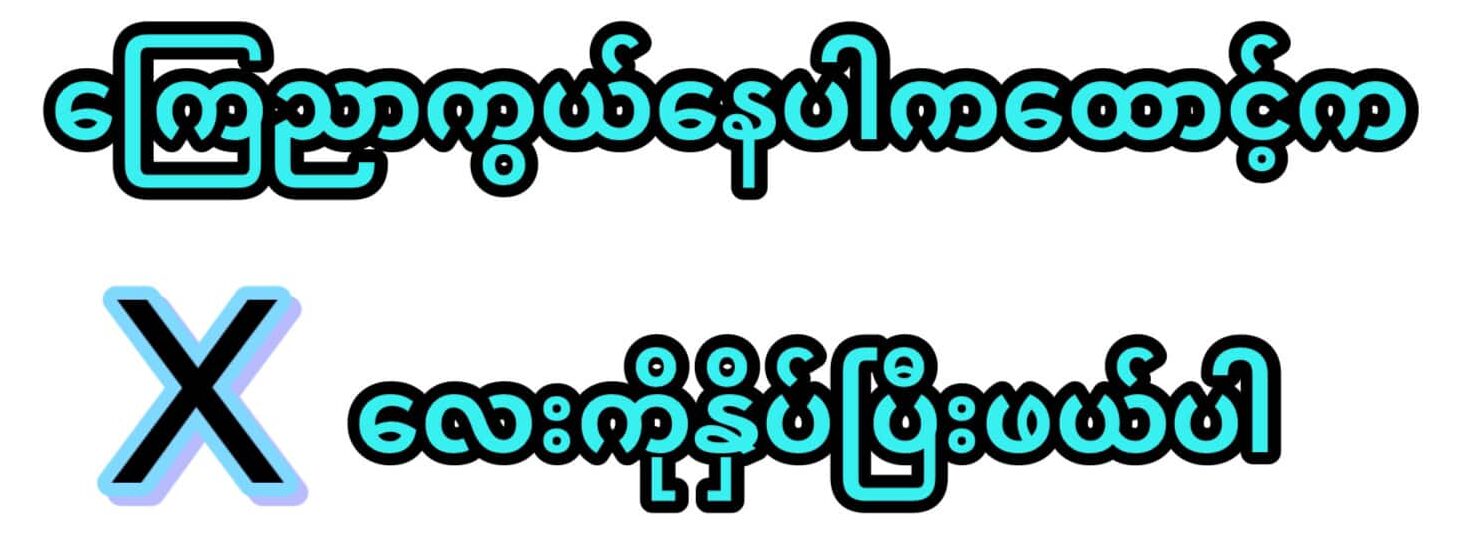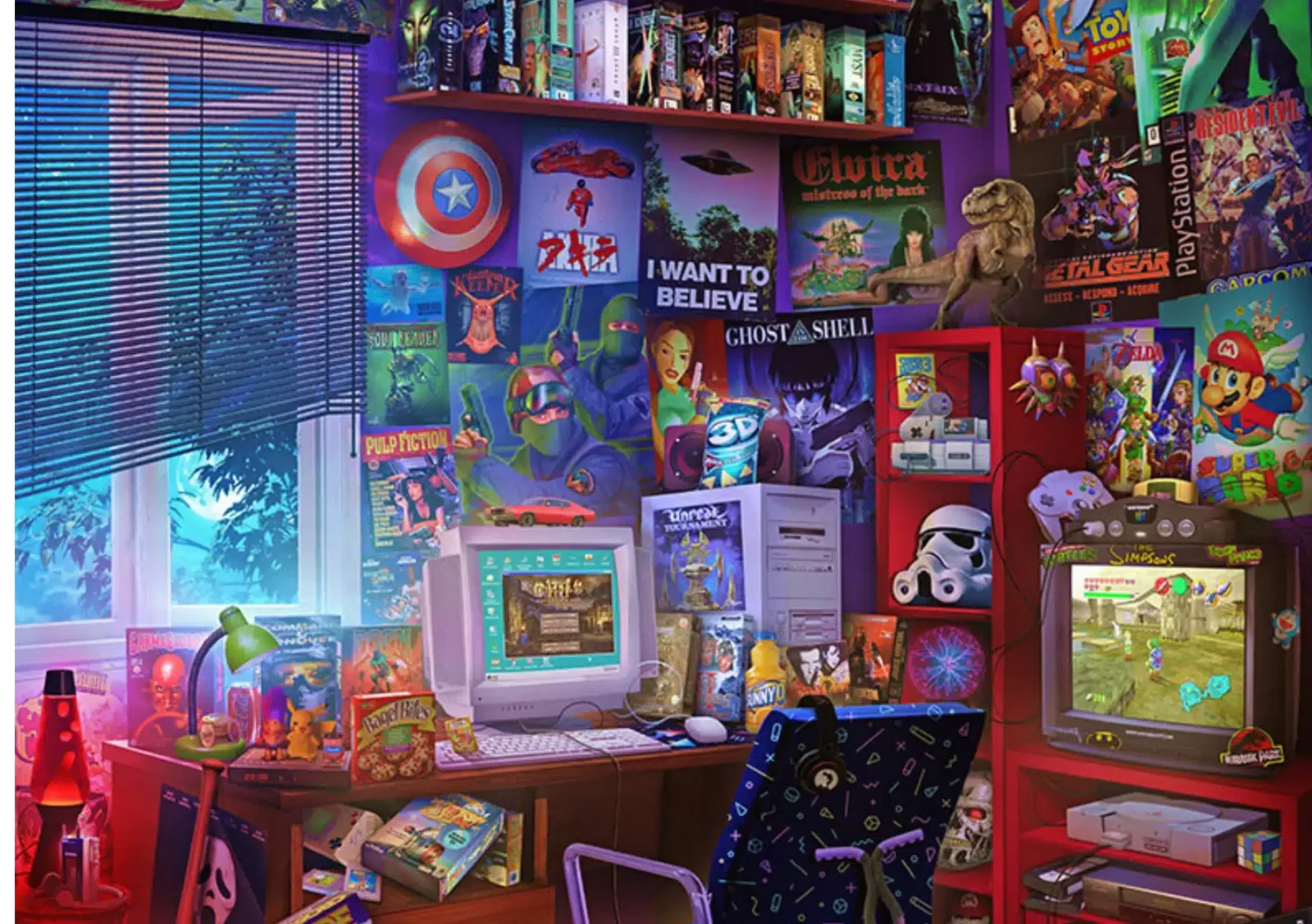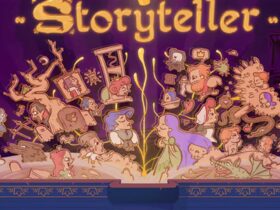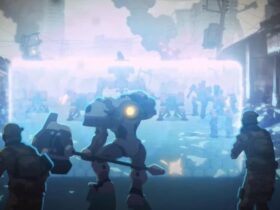Nostalgia. The phrase evokes a joyful familiarity felt when doing something in the present that we enjoyed doing in the past. Gaming is no exception. Everyone has games that bring back memories of what we now consider to be better times. Hindsight, like the snob who points out what you could have done, reminds us that our upbringing was not as horrible as we believed. As adults, we understand how the world works.
We never had a firm grasp on the world when we were young. In retrospect, earlier days were better, safer, and less confusing. Games that evoke nostalgia transport us back to our childhood. It gives us a sense of safety, security, and protection. Humans have an innate desire for safety and protection. Especially the grownups, because we know how rapidly the world can change from good to bad in an instant. As gamers, we look for safety and security in our games.
Like most gamers my age, I began gaming when I was very young. I spent my childhood playing Super Nintendo and Nintendo 64 with my mother and sister. We played Super Mario, Kirby, and Mario Cart, among other games. Zelda was probably the most popular game we played. My mother has difficulty with fast-paced games such as Call of Duty and other highly graphic games. So we played Super Nintendo and had a great time! We beat Zelda on the Super Nintendo several times. I say “we,” but it was my mother who was playing, not my sister or myself.
I’m getting nostalgic just thinking about it while writing this. We kept getting close to the conclusion and then the game wiped our save, so we had to restart about three times. It was a happy time. That occurred when I was about six, seven, or eight years old. It was a long time ago. Nostalgia provides us with optimism for the future. It implies that if good times have occurred in the past, then more good times will occur in the future.
Later, I began gaming on my own. It’s difficult to remember which game followed next in chronological sequence, but they all shared a common theme: single-player strategy. A broad gaming descriptor that can encompass a wide range of games. Pharaoh and Cleopatra, Age of Empires II, and, of course, Sid Meier’s Civilization III are examples of such games. I was not allowed to play shooters since they contained foul language, so I was limited to single-player games.
My parents were really protective of me, and games were not as common twenty years ago as they are now. Pharaoh is a city builder who transports you to ancient Egypt. The purpose of the game was to develop amazing cities with the resources at your disposal, which was a difficult task for an eleven-year-old. Age of Empires II is a real-time strategy game that differs greatly from Pharaoh. To defeat AI or other players, you must balance resource collecting and unit production. Civ III was arguably my favorite game as a kid. I still play Pharaoh and Age of Empires II to this day.
Just for a second, consider what nostalgia is. It’s a memory-related feeling. A recollection of “better days” that may or may not be true. Games that bring up memories from a long time ago may no longer be enjoyable. Civ III, which I played for hundreds of hours when I was younger, is no longer as enjoyable now that I am older, thus I don’t play it as much. Sometimes nostalgia is deceptive.
To summarize, nostalgia in games is a positive thing. It permits us to experience portions of our childhood that we would otherwise have no reason to recall from the depths of our minds. Many people believe that video games cause anti-social conduct, aggression, and a reduction in academic performance. We learn about the world through video games. When you play multiplayer in any game, you will almost always come across folks who are simply toxic. It prepares us for the worst that society has to offer.
Humans are violent creatures. Cain killed Abel in Genesis, which was the first murder. I’m quite sure there were no video games back then. As a result, this point will always be moot. The only statement that makes logic is the decline in school grades. It takes a lot of self-control to choose schoolwork over video games.
This discipline helps to build character. So, the next time you feel a wave of nostalgia coming on, take a moment to stop and smell the roses. Bask in ideas of better days and the hope that better times are still ahead, regardless of what the world says you now. This is what we learn through video game nostalgia.












Leave a Reply